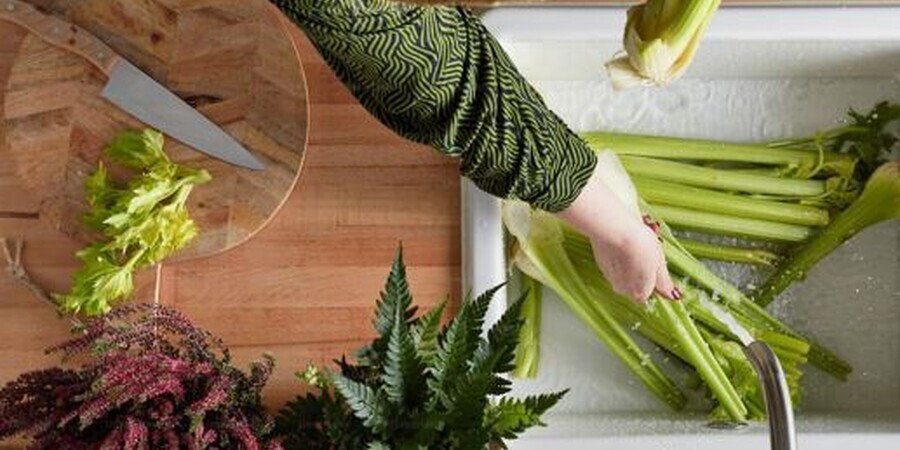Philadelphia, PA - Food preparation will require various steps to ensure safe consumption. It’s a practice that is required at all restaurants to prevent food-borne illnesses due to contamination. But your water quality could be part of the problem without you ever knowing. For this reason, it’s important to make sure your water quality is safe enough for food preparation. In this guide, you will learn what steps you need to take in order to make sure your water is useful for all kinds of food preparation from start to finish. Let’s get started.
What makes quality important?
Water has been a useful component of the food preparation process for a long time. It can also be used for cooking and even cleaning the necessary utensils, pots, and pans. The quality of the water will directly impact the safety of the food being prepared, including the finished product itself.
If the water is contaminated, harmful chemicals, microorganisms, and pollutants will be present in your food, increasing the risk of foodborne illnesses among consumers. Such bacteria, including E. coli and salmonella, may also be present.
The bacteria can thrive in water and can easily be transferred by way of the food preparation process. Water quality management practices should be taken seriously to prevent contamination from happening.
What are the best solutions?
Traditional methods of improving water quality, including boiling water or using chemical disinfectants, have long been reliable options. The issue is that they are both time-consuming and may not be sufficient to complete the job. For this reason, technological solutions have entered the fold like the use of electrolyzed water.
Knowing how to use electrolyzed water for sanitation will be important. This will use a specialized electrolyzed water generator that contains salt water. After it goes through the electrolyzation process, the water can be used for various purposes, including food prep, cleaning, and disinfecting surfaces, and even washing ingredients like fruits and vegetables.
Harmful microorganisms and bacteria are eliminated. The water will be safe to use and consume, and there will be no harmful residues or by-products left behind. At the end of the day, it’s an excellent alternative to the old time-consuming methods.
What can restaurants do to improve water quality?
At this point, the intelligent solution would be for restaurants to invest in electrolyzed water generators. These devices will be easy to use and your kitchen staff will be able to familiarize themselves with it fairly quickly. It may take a bit of training to help them get to know the device itself - but after that, it will be smooth sailing.
You can find an electrolyzed water device that will accommodate your restaurant's needs and the volume of food that you’re prepping each day. At the same time, you want to consider how much money you need to invest in a device that will last you through many uses.
Conclusion
Water quality should never be overlooked in the food services industry. You may unintentionally contaminate your restaurant customers' food because of poor quality. That’s why you want to take it a step further and invest in an electrolyzed water device so that the water you use for everything in the kitchen is safe from all kinds of contaminants and bacteria.
The sooner you act on getting one for your restaurant, the better. Don’t miss out on the opportunity to save your restaurant from the stress of a poor reputation due to food contamination. Invest in an electrolyzed water device and keep your restaurant customers safe.


